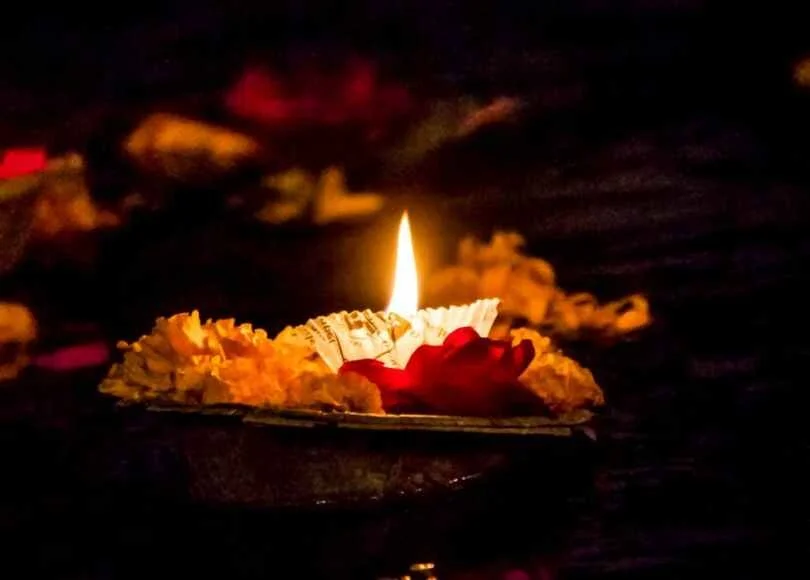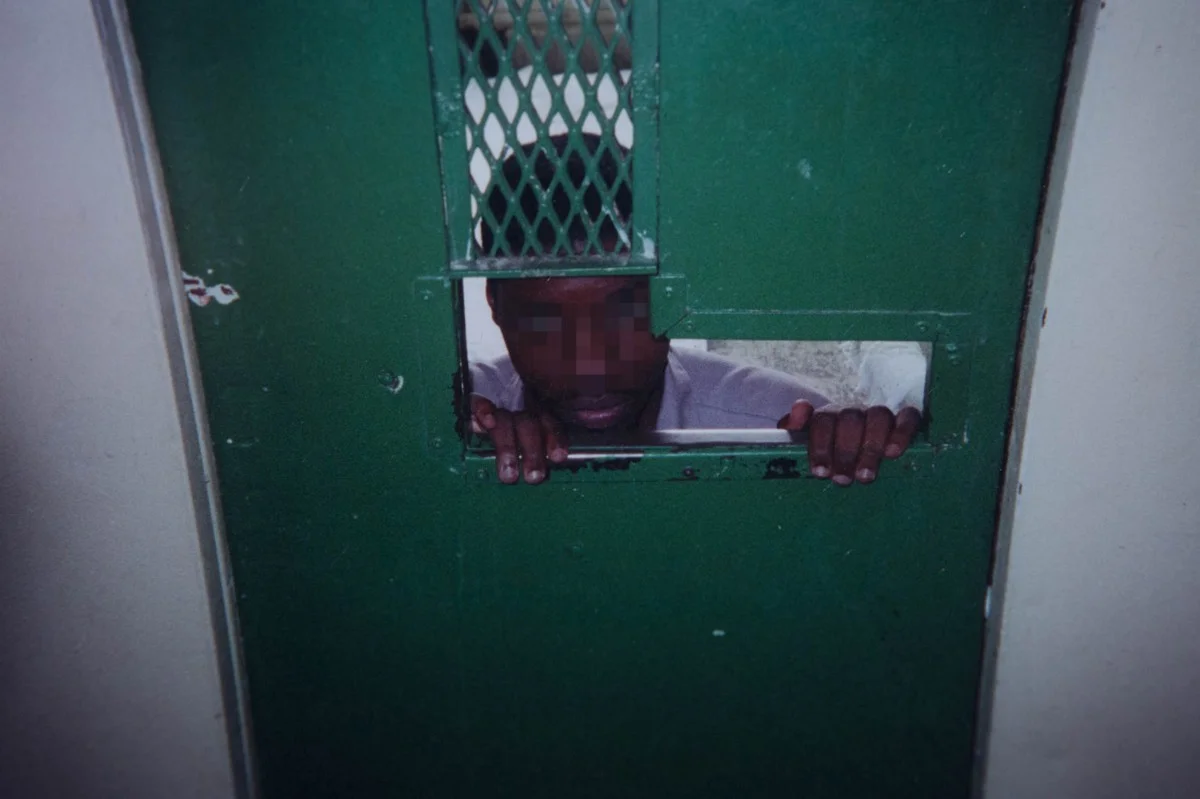College was a strange time. We, my closest friends and I, were all over-the-top idealistic. We believed we could change the world. We had the right, moral ideas after all. We wanted to end suffering. Isn't that what wins out in the end? To help the suffering?
It feels naive now, but I miss that idealism. It's much harder to muster up much enthusiasm now when most of us have struggled and suffered. It's hard to think about macro change when the micro, everyday mundanity of existence feels so hard.
I remember many of my idealistic friends in college decided to pursue lucrative work in tech and finance after college. I often asked them with a bit of judgment, what happened to changing the world? Their answers were always the same. "When I make a lot of money, I can use that to help change the world."
Almost 20 years later that idealism is mostly gone. Yes, they made money. But no, they hadn't used that money to change the world. What happened to them? It's what happens to everyone: we become trapped by our choices.











